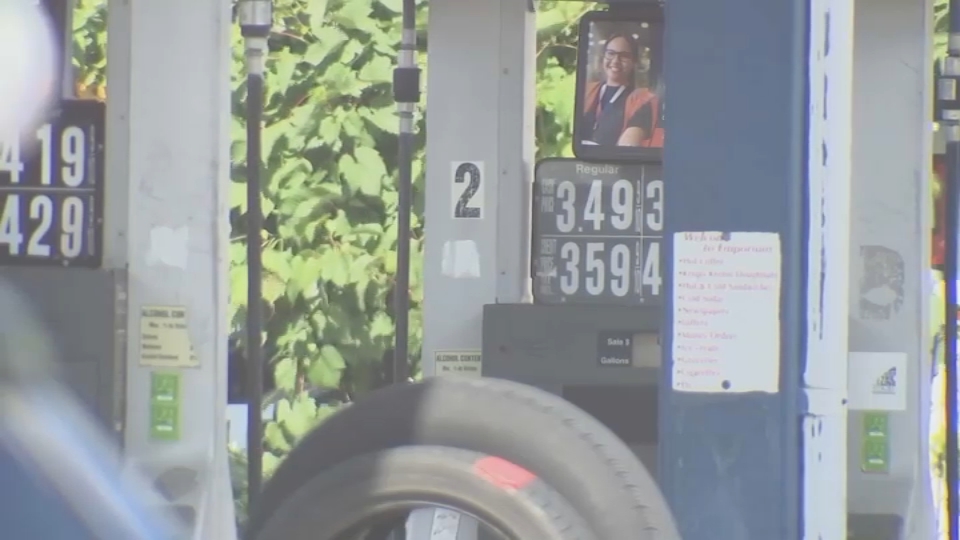Raymond Ortiz knows he is luck to be here. He's overdosed on opioids 16 times.
Clean for more than a year, he now works as a waiter in Worcester, Massachusetts.
He stays clean by going to intensive therapy and monitoring his daily activities. His story is not unique in the bay state. In 2014, just over 1,200 deaths were linked to opioids. Now, there's a desperate attempt to curb the crisis.
That's where researchers at UMass Medical School come in.
It may look like your average fitness tracker, but it's actually a new technology being tested.
It's a bracelet that senses skin temperature, heart rate and electrical activity at the skin's surface. The goal: monitor recovering addicts to make sure they don't overdose.
When a person is using opioids like heroin or cocaine, it connects wireless to an app and computer so a doctor can monitor the data to tell if a patient starts using again.
Massachusetts
The latest news from around the state
Right now, the write sensor is still in clinical trials.
Researchers are hoping to have the devices field tested with the next year.



